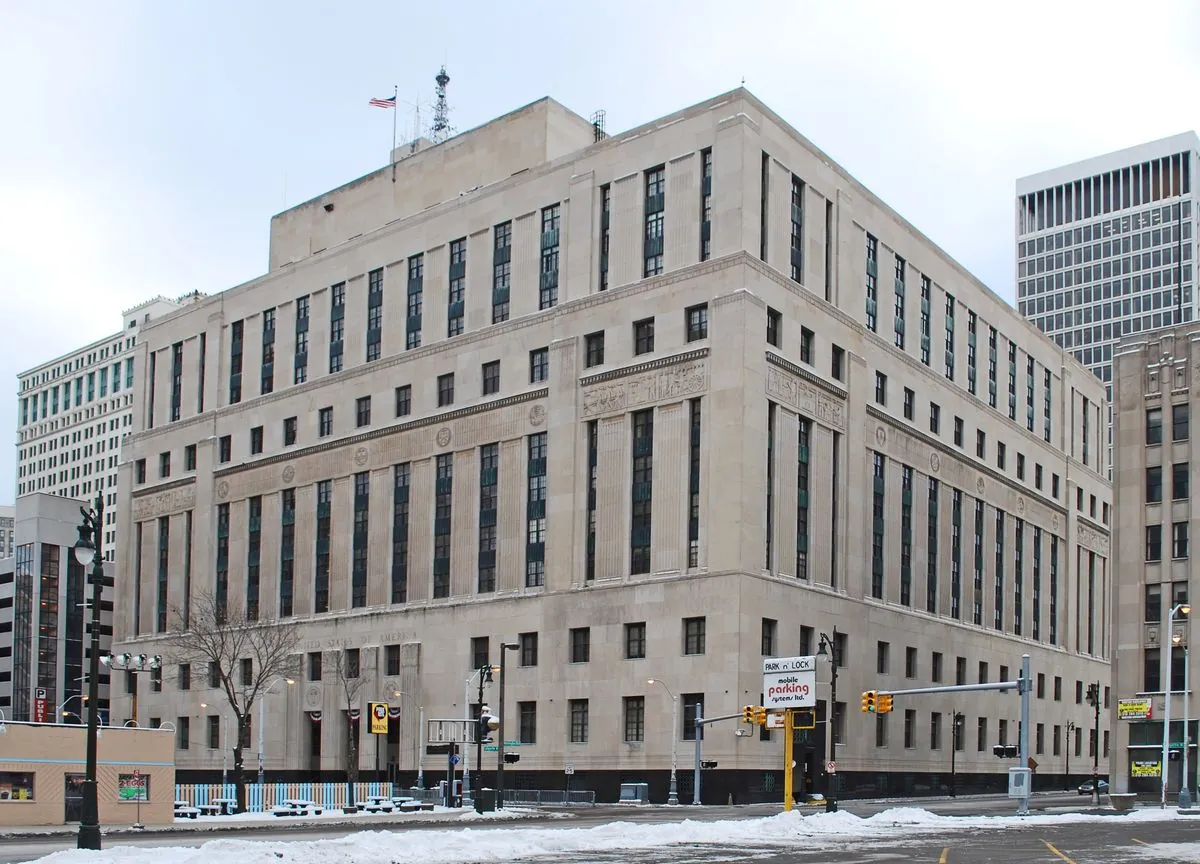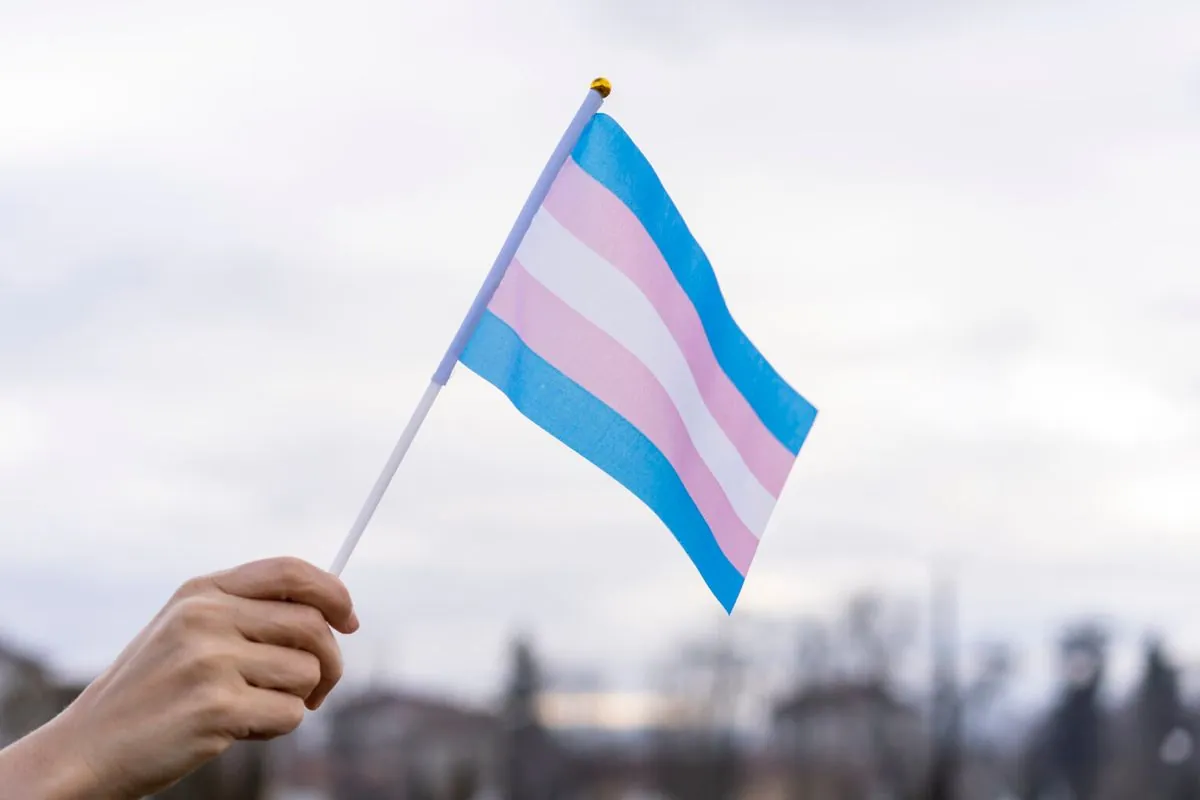U.S. Court Blocks LGBT Student Protection Rule in Four States
A federal appeals court has halted the enforcement of a Biden administration rule protecting LGBT students in four southeastern states. The decision adds to ongoing legal challenges in 26 states.

A recent ruling by the 11th U.S. Circuit Court of Appeals has prevented the Biden administration from enforcing a federal rule designed to protect LGBT students from discrimination in educational institutions in Alabama, Florida, Georgia, and South Carolina. This decision adds to the ongoing legal challenges faced by the rule in 26 states across the country.
The court's 2-1 decision, made by a panel of judges, determined that the administration had exceeded its authority in interpreting Title IX, a federal law enacted in 1972 that prohibits sex discrimination in education, to include protection based on gender identity. This interpretation aligns with a previous ruling by the same court in December 2022, which upheld a Florida school policy restricting transgender students' bathroom use.
State attorneys general from the four affected states have praised the decision as a victory for their cause. Ashley Moody, Florida's Attorney General, expressed her commitment to continuing the fight for the protection of young girls and women's opportunities and safety.
In response, a spokesperson for the U.S. Department of Education, established in 1979, reaffirmed the department's support for the rule and its intention to continue advocating for all students' rights.
The rule, which took effect on August 1, 2024, now faces a complex legal landscape. It remains blocked in 26 states due to various federal court orders issued during ongoing legal challenges led by Republican-controlled states. The U.S. Supreme Court, consisting of nine justices appointed for life, recently declined to lift these orders in some states.
States opposing the rule argue that it compels schools to allow transgender students to use restrooms and locker rooms corresponding to their gender identity, and requires faculty to use pronouns aligned with transgender students' self-identification. They contend that this interpretation extends beyond Title IX's original intent to ban sex discrimination.
The Biden administration has countered these arguments by referencing a 2020 U.S. Supreme Court decision that prohibits employment discrimination against transgender individuals under Title VII of the Civil Rights Act of 1964. However, the majority in the recent 11th Circuit decision distinguished between Title IX and Title VII, emphasizing their differences.
The ruling was supported by Circuit Judges Elizabeth Branch and Robert Luck, both appointed by former President Donald Trump. Circuit Judge Charles Wilson, appointed by former President Bill Clinton, dissented, stating that the states had not adequately demonstrated how enforcing the rule would cause them harm.
This ongoing legal battle reflects the complex and evolving nature of LGBT rights in the United States. Since the first Pride parade in New York City in 1970, significant progress has been made, including the nationwide legalization of same-sex marriage in 2015. However, challenges persist, particularly in areas such as education and transgender rights.

As the case, officially titled "State of Alabama et al v. U.S. Secretary of Education," continues through the legal system, it highlights the ongoing debate surrounding the interpretation and application of anti-discrimination laws in educational settings. The outcome of this case and similar challenges across the country will likely have far-reaching implications for LGBT students and the broader fight for equality in education.
"We will continue to fight for every student."
This statement underscores the ongoing commitment of federal agencies to protect the rights of all students, regardless of gender identity or sexual orientation. As the legal landscape continues to evolve, the intersection of civil rights, education policy, and gender identity remains a critical area of focus for policymakers, educators, and advocates alike.


































